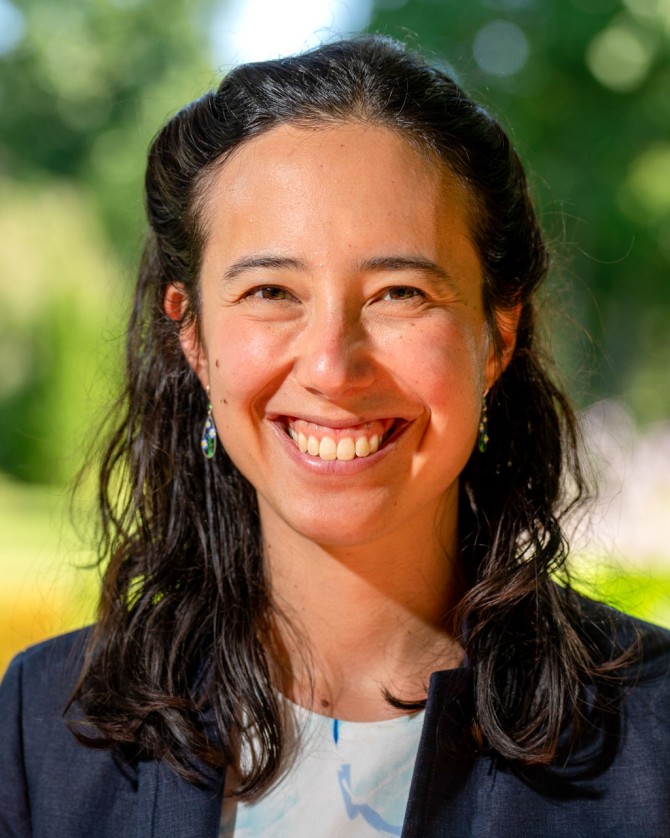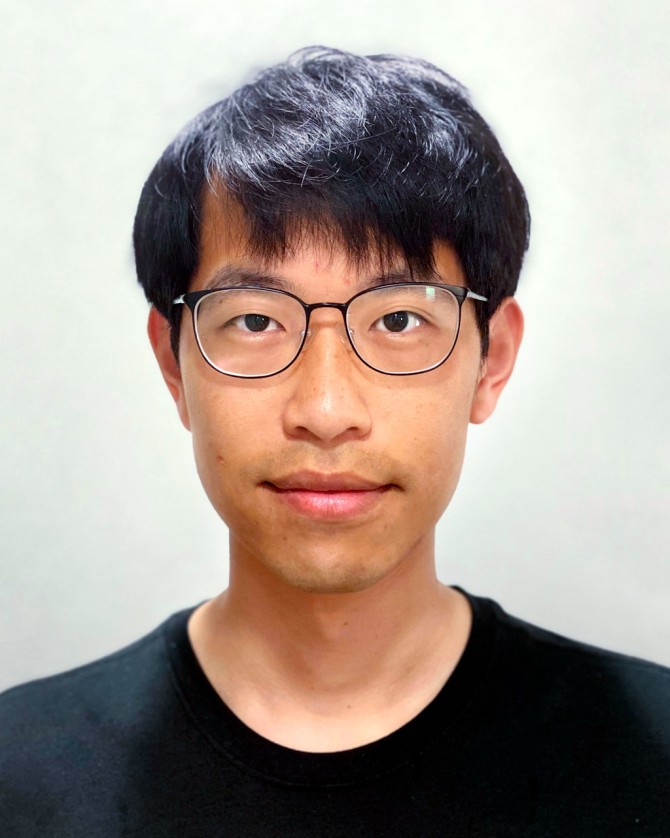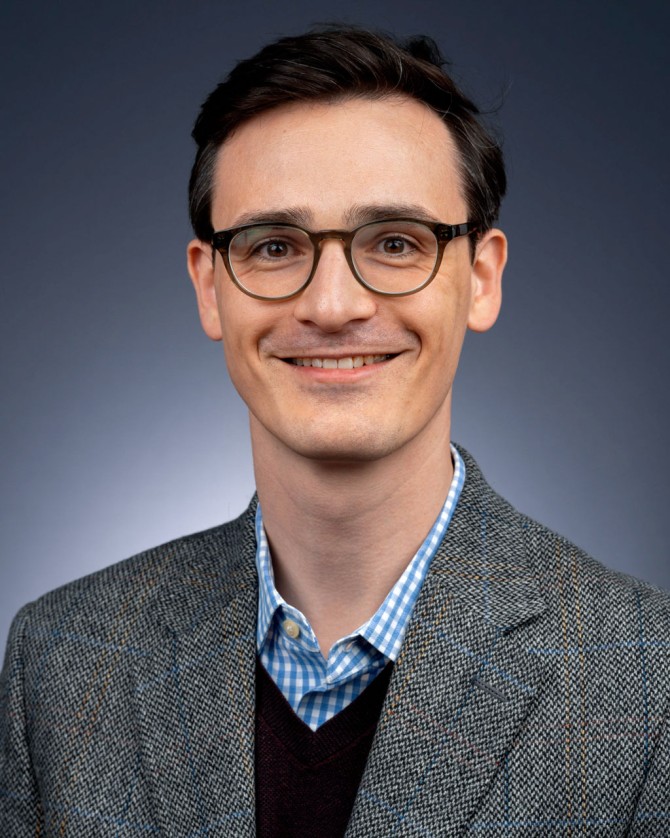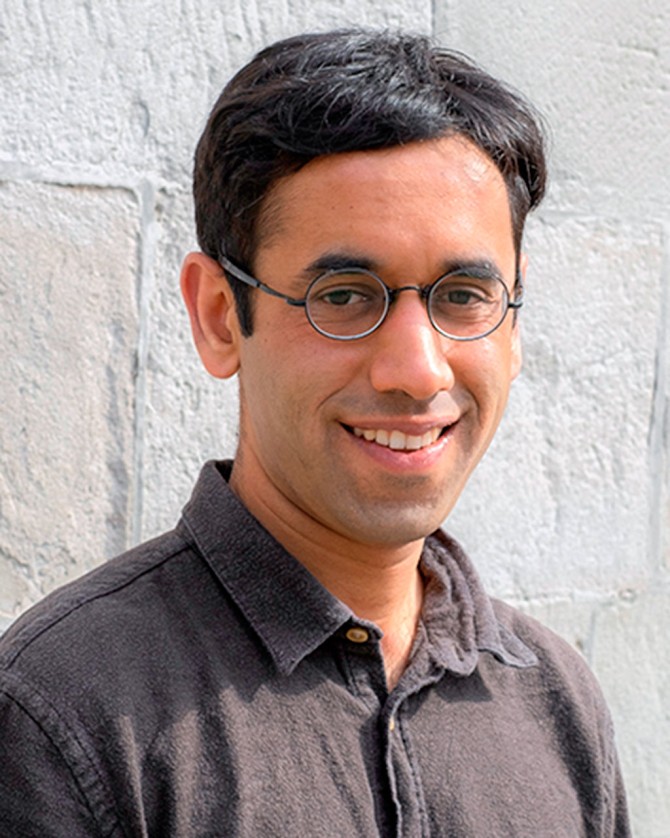Four early-career faculty win 2024 Sloan Research awards
By Tom Fleischman, Cornell Chronicle
Assistant professors Anna Y.Q. Ho, Chao-Ming Jian, Rene Kizilcec and Karan Mehta are among 126 early-career researchers who have won 2024 Sloan Research Fellowships from the Alfred P. Sloan Foundation.
Ho is in the Department of Astronomy, in the College of Arts and Sciences (A&S); Jian is in the Department of Physics (A&S); Kizilcec is in the Department of Information Science, in the Cornell Ann S. Bowers College of Computing and Information Science; and Mehta is in the Department of Electrical and Computer Engineering, in Cornell Engineering.
The fellowships, established in 1955, support early-career faculty members’ original research and education related to science, technology, mathematics and economics.
“Sloan Research Fellowships are extraordinarily competitive awards involving the nominations of the most inventive and impactful early-career scientists across the U.S. and Canada,” said Adam F. Falk, president of the Sloan Foundation. “We look forward to seeing how fellows take leading roles shaping the research agenda within their respective fields.”
The fellowships – $75,000 over two years, which the researchers can use flexibly to advance their studies – are open to scholars in seven fields: chemistry, computer science, Earth system science, economics, mathematics, neuroscience and physics.
Ho studies extreme explosions and the lives and deaths of stars – how a star’s properties determine its manner of death and its corpse. This work is important because the answers to a wide range of questions, from the evolution of galaxies to the origin of black holes, hinge on the stellar life cycle.
Ho plans to focus her work over the coming years in two areas: a census of corpse-powered outflows, measured as a function of physical properties, including energy and angular structure; and a census of stellar death omens. She and her group will quantify the pre-explosion activity of stars that produce active corpses, which can help determine whether a given explosion was a merger or the death of a star.
Jian and his research group study the highly entangled quantum matter and exotic quantum criticalities. In particular, Jian focuses on understanding the topological properties of quantum matter and the universal behavior of many-body quantum entanglement both in and out of equilibrium.
Jian’s group aims to develop the classification and field theories of novel dynamical phases, understand the evolution of many-body entanglement in these phases, and investigate their realizations on quantum simulators. Jian will also study topological quantum matters and associated quantum phase transitions in 2D moiré superlattices built from twisted 2D materials. Particularly, Jian will focus on fractional Chern insulators and fractional topological insulators, investigate possible exotic metallic phases nearby, and investigate ways to detect the fractional excitations in related systems.
Kizilcec studies the behavioral, computational and psychological aspects of technology in education to advance a scientific and practical understanding of ways to improve learner outcomes and reduce inequalities. He examines the uses and impacts of AI technologies in formal and informal learning environments, the perceptions of and attitudes toward these technologies among learners and educators, and the technical challenges and opportunities arising from large data in education.
The potential of large language model-powered technology in education is substantial due to the importance of language in learning processes, but there are legitimate reasons for concern that students are adversely impacted. Kizilcec aims to develop a set of evidence-based design strategies to create trustworthy AI tools for education that excel at raising outcomes for underserved populations.
Mehta studies systems at the interface of atomic physics and integrated classical photonics/electronics, which are enabling a new generation of experiments in quantum physics and technology. His research aims to explore and develop methods for control of individual atomic ions, leveraging new capabilities afforded by optical hardware his research has pioneered. This includes assessing possibilities for faster and broader-bandwidth laser cooling of ion motion using spatially structured light fields, and routes to fast and high-fidelity quantum logic.
Mehta and his lab, in collaboration with other groups, aim to further deploy such techniques in systems to realize high-fidelity, error-corrected quantum states enabling fault-tolerant quantum computing. These systems may enable deeper insights in areas such as quantum chemistry and simulation, and quantum foundations.
Founded in 1934, the Alfred P. Sloan Foundation is a nonprofit institution dedicated to improving the welfare of all through the advancement of scientific knowledge.
Media Contact
Get Cornell news delivered right to your inbox.
Subscribe




